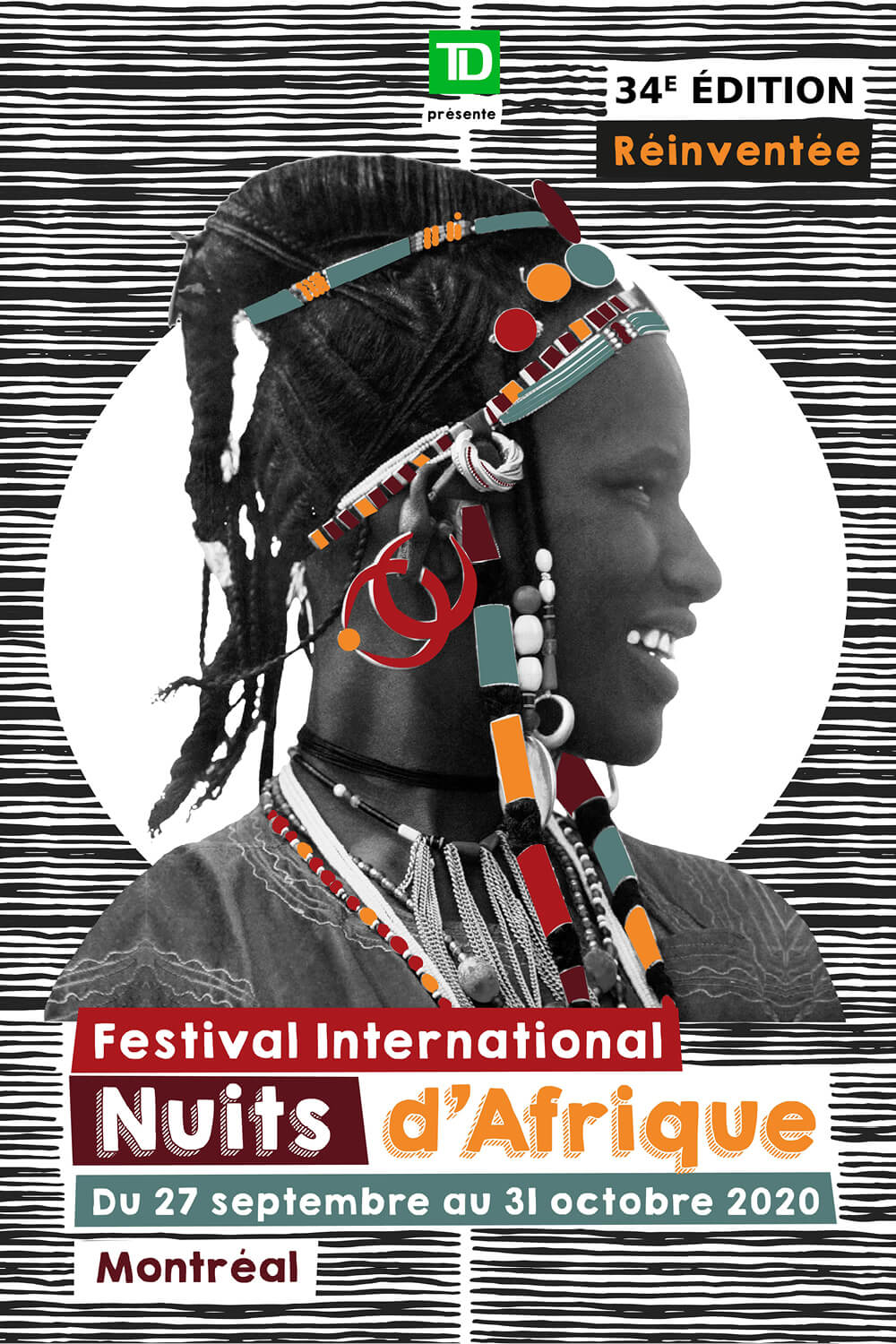
Top 50 African Music Festivals in 2025: Economic & Cultural Analysis
2025's definitive ranking of Africa's 50 most influential music festivals - economic impact analysis, emerging trends, and investment opportunities
Highlights:
-
Market Leaders: 12 festivals generating over $50M annually
-
Genre Trends: Afrofusion overtakes traditional Afrobeat in 60% of lineups
-
Tech Disruption: NFT ticketing and metaverse stages at 8 major events
Top 50 African Music Festivals – 2025: The Continent’s Cultural Powerhouses Driving Economic Growth
By [Your Name], Economic Strategist & Cultural Markets Expert
Africa’s music festival landscape has evolved into a $2.3 billion industry, with 2025 poised to be a watershed year as events fuse artistic excellence with sophisticated economic models. From Afrobeat megafestivals to boutique cultural experiences, these gatherings now function as strategic platforms for tourism development, creative industry investment, and soft power diplomacy.
This authoritative ranking analyzes the top 50 African music festivals in 2025 through three critical lenses:
Economic impact (direct spending, job creation, brand partnerships)
Cultural significance (genre representation, emerging talent incubation)
Innovation index (hybrid formats, tech integration, sustainability)
Key Highlights
Market Leaders: 12 festivals generating over $50M annually
Genre Trends: Afrofusion overtakes traditional Afrobeat in 60% of lineups
Tech Disruption: NFT ticketing and metaverse stages at 8 major events
The Festival Economy: 2025 Sector Outlook
Financial Metrics
| Indicator | Projection |
|---|---|
| Total Attendance | 8.7 million (34% int'l) |
| Sponsor Investment | $680 million |
| Vendor Ecosystem Value | $310 million |
(Source: African Event Industry Report 2024)
Category Breakdown: Top 50 Festivals
1. Mega Festivals ($20M+ Revenue)
Afro Nation Ghana – 80,000 attendees, $42M economic impact
MTN Bushfire (Eswatini) – Africa’s most sustainable festival
Cape Town Jazz Fest – 62% international ticket sales
Market Shift:
Visa-on-arrival policies boosting Nigeria’s Detty December cluster
2. Genre-Defining Events
Essence Festival Durban – Pan-African R&B/Hip-Hop convergence
Rocking the Daisies (SA) – Alt-rock’s last stronghold
Sauti za Busara (Zanzibar) – Premier Swahili music showcase
Emerging Trend:
Amapiano festivals now 23% of South Africa’s event economy
3. Cultural Immersion Festivals
Festival au Désert (Mali) – Tuareg music revival post-security crisis
Lake of Stars (Malawi) – Beachfront indie music meets social impact
Nyege Nyege (Uganda) – Underground electronic music hub
Controversy Watch:
Morocco’s Mawazine faces artist boycott over sponsor ethics
4. Tech-Integrated Experiences
AfroFuture Metaverse – First fully hybrid Pan-African festival
Nairobi Music Week – Blockchain-based royalty distribution pilot
Vibes on the Nile (Egypt) – AR-enhanced pyramid stage
Four Strategic Challenges
Security Costs
Up 40% since 2022 for events in the Sahel region
Sponsor Consolidation
3 telecom firms now control 68% of major festival sponsorships
Talent Drain
55% of headliners are diaspora-based artists
Climate Pressures
7 festivals relocated in 2024 due to extreme weather
Innovation Scorecard
| Technology | Adoption Rate | Leading Festival |
|---|---|---|
| Dynamic Pricing AI | 42% | Afrochella (Ghana) |
| Cashless Wristbands | 89% | Zakifo (Réunion) |
| Carbon Offset Programs | 31% | Bushfire (Eswatini) |
Investment Opportunities
For Brands:
Niche sponsorship of emerging genre festivals (Highlife revival in Ghana)
Tech partnerships for contactless payment systems
For Governments:
Cluster development around festival circuits (e.g., Kenya’s Blankets & Wine ecosystem)
Visa waivers for multi-festival tourism routes
For Artists:
Festival-owned IP models (see Nigeria’s Felabration royalties)
Future Outlook: The 2030 Festival
Hologram stages enabling simultaneous multi-country performances
UNESCO partnerships certifying intangible cultural heritage events
Subscription models for year-round virtual access
Bibliography & References
(Africa Festival Report 2024, Billboard Africa, IFPI Regional Music Data)

